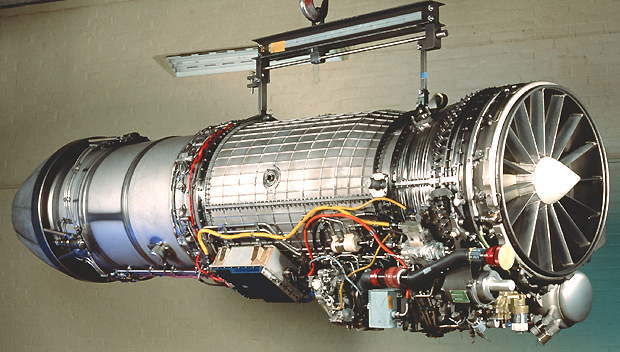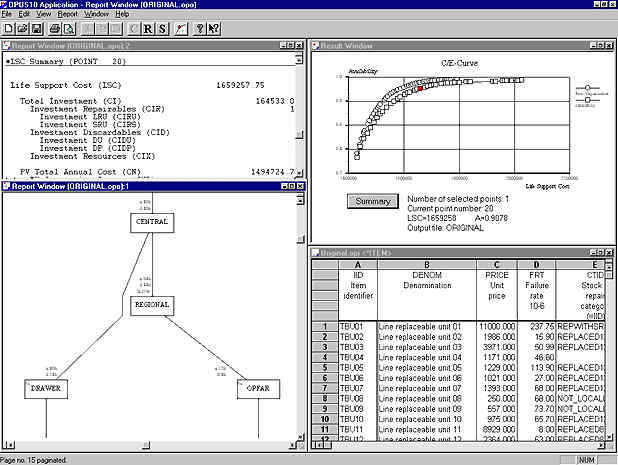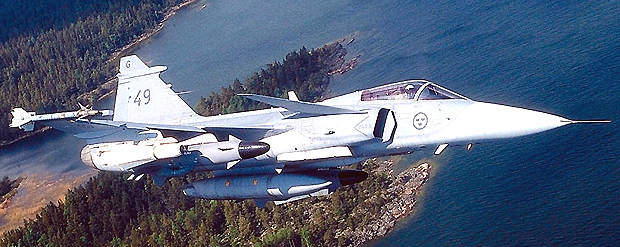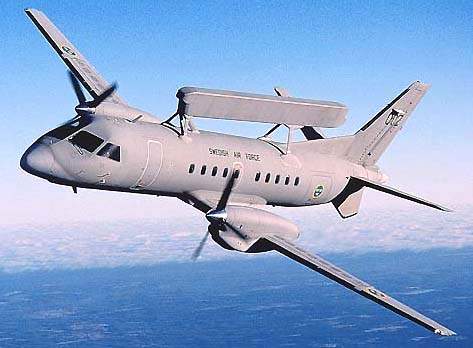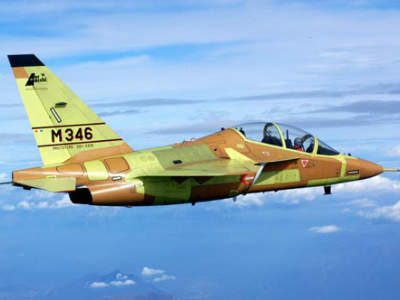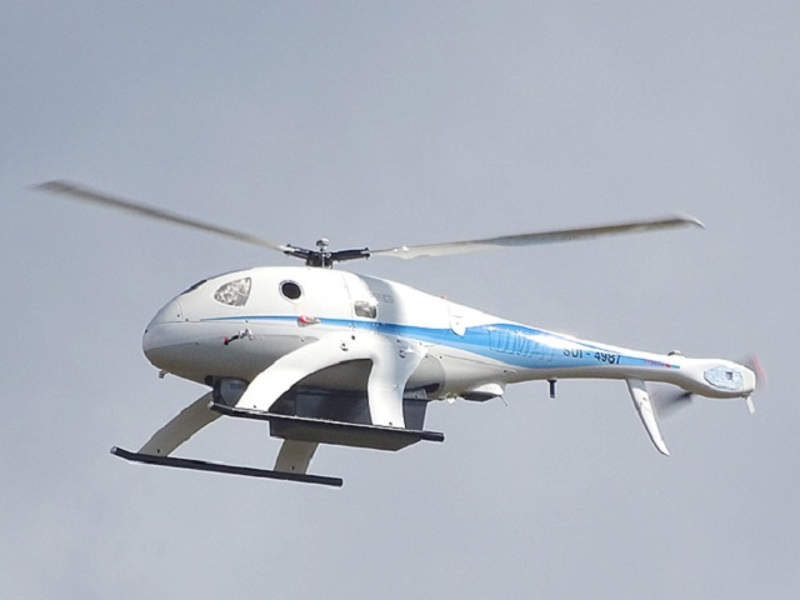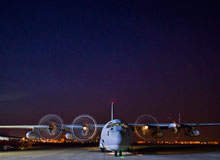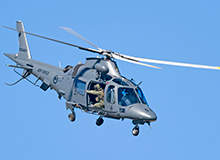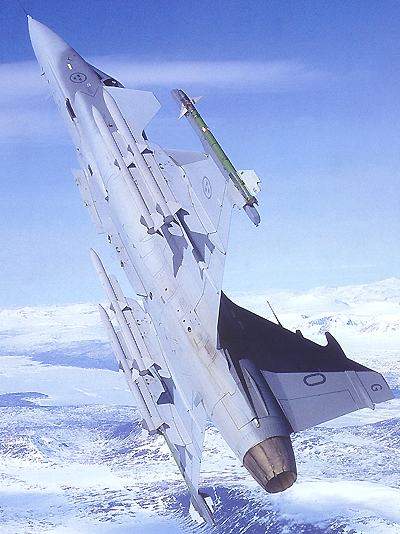Systecon provides consulting, computer software and training for logistics support and spares optimisation both in Sweden and worldwide. These services support planning and improvement of hardware systems and logistic systems with regard to productivity, accessibility, safety and economy. Our customers operate within defence, energy, transportation and manufacturing sectors.
Our emphasis lies on consulting. We participate through the entire project and practise a life cycle approach for optimum effectiveness and economy. The methods used, have in many cases been developed by us to support our own consulting business. Some of these methods have been generalised and are available as computer software – like OPUS10 and OPSA.
OPUS10 LOGISTIC SUPPORT AND SPARES OPTIMISATION
OPUS10 is the market leading computer model for solving Logistic Support and Spares Optimisation problems. It is a flexible, true multi-echelon, multi-indenture level program with the ability to handle large and asymmetric maintenance support organisations. The OPUS10 optimisation program is recognised for its speed, user friendliness and rich ability to give comprehensive and relevant output with many measures of effectiveness, several crucial LCC (Life Cycle Cost) elements, cost/effectiveness curves and tables as well as the optimal spares assortments and allocations.
The OPUS10 program with its powerful modelling capability makes it a necessary tool for analysis of Logistic Support Analysis (LSA), Integrated Logistics Support (ILS) and Life Cycle Cost (LCC).
CUSTOMERS USING THE OPTIMISATION MODEL OPUS10
OPUS10 presently is leased to more than 90 different customers in 15 countries around the world – a total of over 400 installations in both the civilian and military sector.
The Defence part of the list of Installations include 8 Air Forces, 6 Armies and 5 Navies as well as major defence contractors like Boeing, Lockheed Martin, BAe, DASA, GEC Marconi, Agusta, Alenia, Ericsson Microwave, Celsius, IAI, GIAT, GKN, Northrop-Grumman, Raytheon, SAAB, Volvo Aero Corp. On the civilian side we find offshore companies like Statoil, Rail companies like ADtranz and authorities like Singapore Land Transport Authority.
OPUS10 is also renowned for the comprehensive and cost/effective upgrade and support witnessed by a high rate of recurrent customers.
OPSA, OPRAL, OPSSIM
OPSA is short for OPUS10 System Analyser and is a graphically oriented program interfacing OPUS10 for analysing and editing the material break down structure in an OPUS10 input file. OPSA is very useful in the system analysis in order to pinpoint critical items from a cost or quality point of view. OPSA also contain a Data Generator for early analysis.
OPRAL is an analytical model for determining the optimal combination of repair locations and spares allocations in a multilevel hierarchical support organisation. In OPUS10 the repair decisions are fixed and given as input parameters, while OPRAL evaluates several different repair strategies in order to find the optimal one.
OpSSim integrated with OPUS10 is a powerful and flexible computer based model to simulate and analyse complex operational and logistic support scenarios. It enables quantitative trade-offs to support the delicate balance between operational effectiveness and the associated investment in systems and support. OpSSim is developed by Westland System Assessment with Systecon as subcontractor on behalf of the Royal Air Force.


